 Olaf Scholz was criticized for sending military funds directly to Ukraine rather than through an EU fund. Photo: VALDA KALNINA/EPA-EFE/SHUTTERSTOCK < p>The European Commission has rebuked Germany for unilaterally promising £6 billion in aid to Ukraine in the latest dispute between Paris and Berlin over support for Kiev.
Olaf Scholz was criticized for sending military funds directly to Ukraine rather than through an EU fund. Photo: VALDA KALNINA/EPA-EFE/SHUTTERSTOCK < p>The European Commission has rebuked Germany for unilaterally promising £6 billion in aid to Ukraine in the latest dispute between Paris and Berlin over support for Kiev.
Thierry Breton , the Commissioner for the Internal Market, criticized Olaf Scholz for failing to allocate money to the EU's European Peace Fund arms fund for Vladimir Zelensky's army, which diplomats in Brussels on Thursday said was a symptom of strained relations between France and Germany.< /p>
“We see that Germany is trying to act alone, it has not deceived anyone and, in particular, is trying to stop supporting the European Peace Fund,” said Mr Breton, who was chosen by Emmanuel Macron to represent France on the commission. in Paris on Monday.
His comments come a week after Olaf Scholz said EU member states were not doing enough to support Ukraine, in a thinly veiled attack on Macron, whose support has been overshadowed by that of Germany .
His comments came a week after Olaf Scholz said EU member states were not doing enough to support Ukraine. p> Last week, Scholz criticized other EU member states, saying they were not doing enough to support Ukraine. Photo: NADJA WOLLEBEN/REUTERS
Last week, Scholz criticized other EU member states, saying they were not doing enough to support Ukraine. Photo: NADJA WOLLEBEN/REUTERS
The EU is further divided between those governments who support Mr Scholz's call and those who fear he will derail the European Peace Fund. , allowing states to demand the return of equipment sent to Kyiv, diplomats in Brussels said.
Relations between France and Germany, the EU's two most powerful countries, were already strained after disagreements over energy subsidies and Chinese electricity. car imports and defense policy.
“The wider group of member states does not object to Scholz urging them to do more. This call stung France, which did little. Hence Breton’s reproach,” an EU diplomat told the Telegraph.
Germany is Ukraine's second-biggest international backer after the US, where Joe Biden's plans for further aid are being blocked by Republicans in Congress.
Berlin is seeking to cut its contributions to the £20 billion European Peace Fund.
< p>He argues that his bilateral contributions to Ukraine should count towards what he is expected to pay into the fund.
Germany, the EU's largest economy, provides about a quarter of the military budget, which provided Kyiv with 4.5 euros. billion into weapons and trained more than 30,000 recruits.
But the company also faces a €17 billion budget black hole after the Constitutional Court said it would transfer €60 billion of unused coronavirus recovery money Germany's Net Zero plans were illegal. .
 Last week, Scholz attacked Frenchman Emmanuel Macron, whose donations to Ukraine are dwarfed by those of Germany. Photo: LUDOVIK MARIN/AFP
Last week, Scholz attacked Frenchman Emmanuel Macron, whose donations to Ukraine are dwarfed by those of Germany. Photo: LUDOVIK MARIN/AFP
France's bilateral contributions are much lower than Germany's due to Paris's use of the scheme.
According to a tracker maintained by the Kiel Institute, Paris donated just €544 million to in the form of military aid directly to Ukraine since the start of the invasion.
According to the Kiel Institute, Germany has donated 17.1 billion euros, the second largest amount after the United States, followed by the UK with 6.6 billion euros.
Mr Macron announced plans to increase bilateral support for Ukraine on Tuesday evening. including 40 long-range «Storm Shadow» Scalp missiles worth about €55 million and «several hundred» bombs.
The French President said he would sign a bilateral security agreement with Zelensky to «continue to help Ukraine hold the front line and protect your skies» during a visit to Ukraine next month.
It comes after Rishi Sunak pledged €3 billion in military aid to Ukraine over the next two years during his visit to Kiev earlier this month.
 Thierry Breton, EU Commissioner for the Internal Market, condemned Germany for its promise to Ukraine. Photo: ISSEI KATO/REUTERS
Thierry Breton, EU Commissioner for the Internal Market, condemned Germany for its promise to Ukraine. Photo: ISSEI KATO/REUTERS
Meanwhile, Latvia is leading a coalition of Western countries that is arming Ukraine with “thousands” of critical drones.< /p>
Defense Minister Andris Spruds said on Tuesday that 20 countries have so far signed up.< /p>
In contrast, the EU's two most pro-Russian leaders, Viktor Orban of Hungary and Robert Fico of Slovakia, met for talks in Budapest.
Mr Orban blocks EU aid package to Ukraine worth 50 billion euro, and Mr Fico was elected last year on a campaign promise not to send another bullet to Kiev.
“Ukraine has no military solution and the current strategy is not working,” Mr Fico said to reporters on Wednesday after a meeting in which the two leaders promised to support each other.









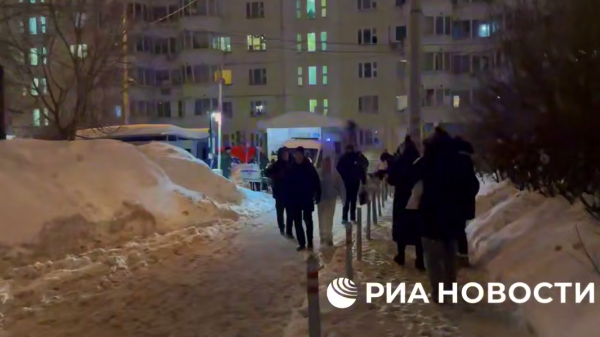
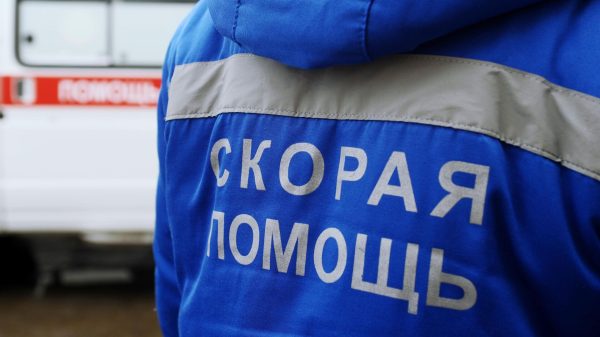




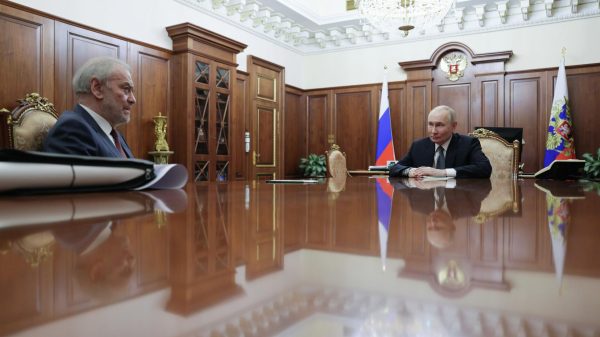

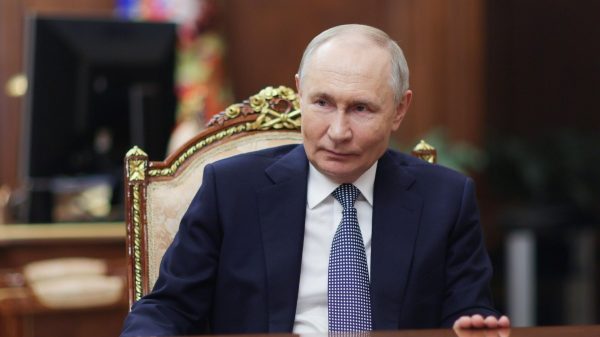
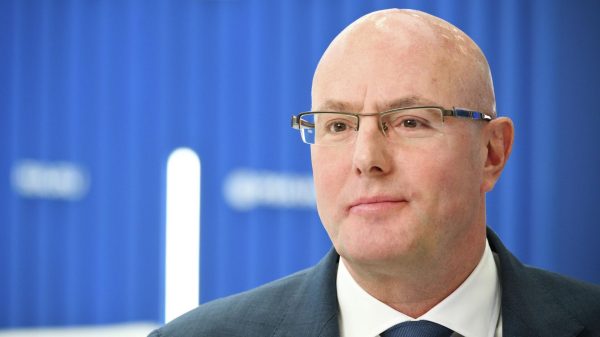
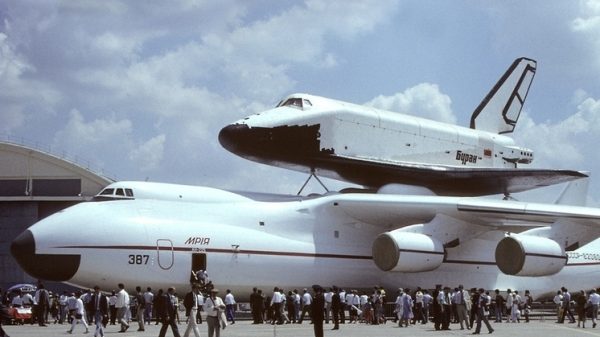

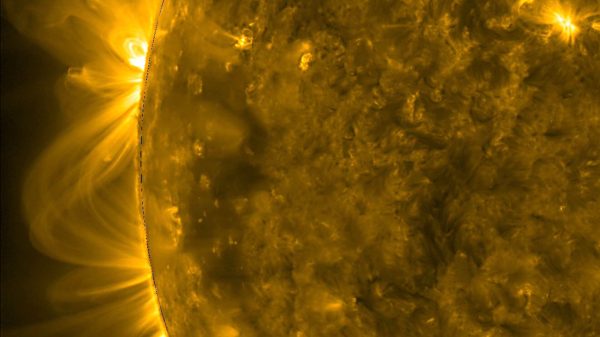








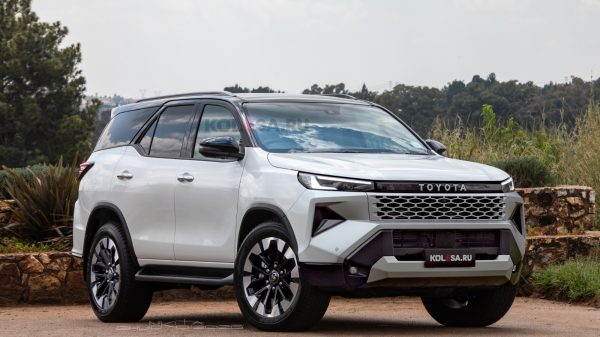


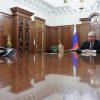
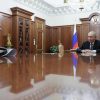
















Свежие комментарии